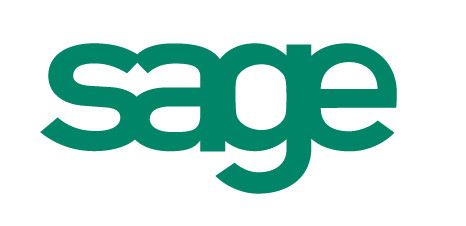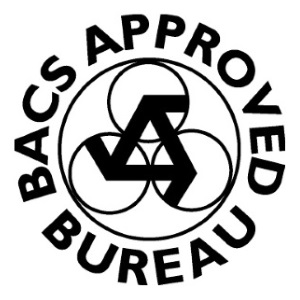

What is a Voluntary Arrangement?
A Voluntary Arrangement is a formal, legally binding agreement that allows you to repay your debts either over a set period, typically between three to five years, or via a one-off lump-sum payment. There are two main types:
- Individual voluntary arrangement (IVA) — Designed for individuals, including sole traders, to manage personal or business debts.
- Company voluntary arrangement (CVA) — Tailored for businesses that need to restructure their debts while continuing to trade.
Both options provide protection from creditor actions, giving you the breathing space to focus on recovery without the threat of legal enforcement.
Benefits of Voluntary Arrangements
Voluntary Arrangements offer several key benefits:
- Avoid company liquidation or personal bankruptcy — Businesses can continue operating, and individuals can avoid the severe consequences of bankruptcy.
- Legal protection from creditors — Once the agreement is in place, creditors cannot take further legal action against you.
- Debt restructuring — Repay debts in manageable instalments, improving your cash flow and financial stability.
- Reduced debt levels — In many cases, creditors agree to write off a portion of the debt, easing the overall burden.
This solution enables businesses and individuals to regain control of their financial situation while meeting their obligations in a sustainable way.
Who can apply for a Voluntary Arrangement?
Voluntary Arrangements are not a one-size-fits-all solution, but they can be highly effective in the right circumstances:
- Individual voluntary arrangement (IVA) — Ideal for individuals with regular income but unmanageable debt, including personal loans, credit card balances, and tax liabilities.
- Company voluntary arrangement (CVA) — Suitable for companies that are struggling financially but have a viable business model.
Voluntary Arrangements are particularly effective in industries prone to cyclical downturns, like in retail, hospitality and construction. Businesses and individuals must demonstrate a commitment to repaying a portion of their debts and have the support of their creditors.
The Voluntary Arrangement process
The process for setting up a Voluntary Arrangement involves four key steps:
- Financial assessment — We’ll conduct a detailed review of your financial situation to determine affordability and draft a realistic repayment plan.
- Drafting a proposal — A formal proposal is prepared, outlining the repayment terms and how creditors will benefit from the arrangement.
- Creditor approval — The proposal is presented to creditors, and more than 75% by value must agree for the arrangement to proceed.
- Implementation and monitoring — Once approved, the Voluntary Arrangement is implemented, with regular payments made to creditors. We’ll provide ongoing support to ensure the agreement stays on track.
Challenges and key considerations to Voluntary Arrangements
While voluntary arrangements offer significant benefits, there are challenges to consider:
- Adhering to the repayment plan — It’s crucial to maintain regular payments to avoid the arrangement failing.
- Creditor approval is not guaranteed — Some creditors may reject the proposal, especially if they believe they would recover more through alternative actions like liquidation.
That’s why having expert support is essential to present a strong, viable case to your creditors.
Get in touch
A voluntary arrangement could be the solution you need to secure a brighter financial future. Our team at BV Corporate Recovery & Insolvency Services Ltd is here to provide expert advice and guide you through the process. Contact us online today or give us a call at 0161 476 9000 for a free confidential consultation to discuss your options and find the best path forward for your business.









